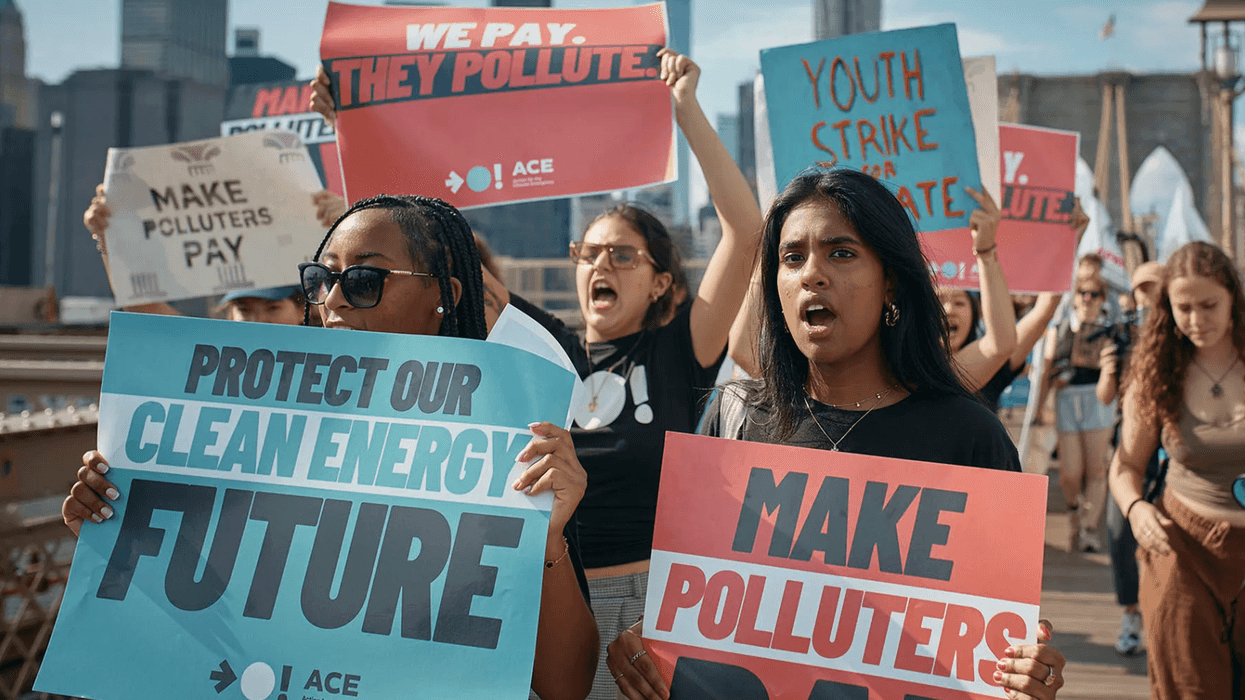Johanny Cepeda-Freytiz is an American businesswoman and politician who is a Democratic member of the Pennsylvania House of Representatives for the 129th district.
Cepeda-Freytiz was elected on November 8, 2022, and returned to Harrisburg for a second term after being re-elected in 2024. The 129th district includes parts of Reading and Spring Township as well as Sinking Spring, West Reading, and Wyomissing.
Born in New York City to parents who immigrated from the Dominican Republic, she moved to Reading, Pennsylvania, in 2007 and opened "Mi Casa, Su Casa Café" in downtown Reading.
I spoke with State Representative Cepeda-Freytiz while on assignment in Reading, producing the first episode of The 50, a four-year multimedia project in which the Fulcrum visits different communities across all 50 states to learn what motivated them to vote in the 2024 presidential election and see how the Donald Trump administration is meeting those concerns and hopes.
She was featured on a recent episode of the Fulcrum Democracy Forum (FDF). The program engages citizens in shaping a more effective government to better meet the needs of all people. Consistent with Fulcrum's mission, FDF strives to share diverse perspectives to broaden our audience's viewpoints.
- YouTube youtu.be
A small business owner, Cepeda-Freyitz, shared how the Trump Administration's mass deportation agenda created fear among members of the community, resulting in a decrease in customers at her restaurant. When we spoke earlier this year, she questioned the wisdom of having Elon Musk lead what she calls reckless and irresponsible behavior: "You bring someone into the administration that has no prior experience in how government works. And you're dismantling, and you're laying off, and you're firing all these people. So, how are you really helping families?"
- YouTube www.youtube.com
Before her election to the Pennsylvania General Assembly, Cepeda-Freytiz served on the Reading City Council and as its president from July 2022 until December 2022.
Cepeda-Freytiz obtained a Bachelor of Arts Degree from the State University of New York at New Paltz, where she majored in French and minored in Spanish. She also obtained a Master of Science in Education degree from Long Island University and became a bilingual Guidance Counselor.
SUGGESTIONS:
David Guo: Combining Art and Civic Engagement
Rich Harwood: A Philosophy of Civic Faith
Michael Rivera: The Importance of Getting Involved
Hugo Balta is the executive editor of the Fulcrum and the publisher of the Latino News Network. Balta is the only person to serve twice as president of the National Association of Hispanic Journalists (NAHJ).




















